

The Blaxploitation films of the 1970s starred relatively unknown black actors playing new kinds of male and female superheroes that had all of the style, funk, and butt-stomping moves to tackle any foe. With the exception of the Samuel L. Jackson’s remake of Shaft and Quentin Tarantino’s Jackie Brown, very few films in this genre have emerged in the last 30 years. Undercover Brother is a throwback to those classic films, but sadly, contains too little of the fashion or the funk that made its predecessors so much fun. The film stars Eddie Griffin as Undercover Brother, a modern day black man with a wild afro and everything a ’70s man could want, including a solid gold caddy, platform shoes, and polyester bell-bottoms. Brother is recruited by the B.R.O.T.H.E.R.H.O.O.D. organization to help overpower the evil efforts of “The Man.” The Man, along with henchmen “The Feather” (Chris Kattan) and “White She-Devil” (Denise Richards) are causing havoc with race relations between blacks and whites. In "Operation Whitewash," The Man has influenced black General Boutwell (Billy Dee Williams) to not run for President, but rather to open a chain of fast food chicken restaurants.
Undercover Brother tries to infuse the outrageous style of Austin Powers with the high-tech gadgetry of James Bond. Unfortunately, Griffin is not given enough time to develop his superhero role. His uninteresting counterparts cloud his performance as they spend more time telling the same racial jokes rather than investigating Operation Whitewash. These good-spirited jokes are meant to poke fun at the differences between white and black people, but quickly become overused and tiresome. In particular, the film spends an excruciatingly long time on the use of mayonnaise to make a simple point. Brother is repeatedly instructed, “If you’re going to pass in white America, you must like mayonnaise.”
Director Malcolm D. Lee (Spike’s cousin) cannot match the winning formula of Austin Powers primarily because his film lacks the comedic brilliance of a star like Mike Myers. Myers dominates Powers – even playing multiple characters with skill and ease. Undercover Brother could have been much funnier and more effective had Lee allowed Griffin to explore in greater detail his solid gold fashion sense and the interesting tools he uses to fight The Man. Griffin definitely has some comedic talent and shines in the moments the film devotes exclusively to him.
Undercover Brother does stay true to the Blaxploitation formula, but because it recycles the same jokes, it misses out on much funnier moments spent satirizing Brother’s funk and fashion. I guess The Man got him down after all.
The U.B. DVD features more extras than I’d thought possible, including two commentaries, making-of tracks, a half hour-plus of deleted scenes and outtakes, and an alternate ending. Mmmmm, brownies.

Who’s bad?
Review by David Levine © 2002 filmcritic.com









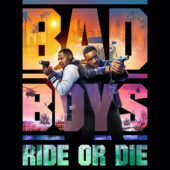




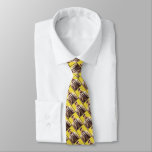

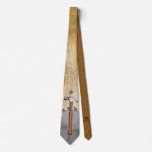




![Former Adult Film Actress Kendra Jade Photo [221116-17]](https://www.filmfetish.com/img/p/2022/11/221116-17-kendra-jade-85x11-web-170x170.jpg)
![Olympic Figure Skater Kristi Yamaguchi at 2012 National Cherry Blossom Parade and Festival Photo [210809-0008]](https://www.filmfetish.com/img/p/2021/08/210809-0008-11x85-web-170x170.jpg)
![Original The Walking Dead Cast Lauren Cohan, Steven Yeun and Laurie Holden at 2011 Press Event Photo [221114-15]](https://www.filmfetish.com/img/p/2022/11/221114-15-11x85-web-170x170.jpg)
![Zebra Stampede Photo [210809-0002]](https://www.filmfetish.com/img/p/2021/08/210809-0002-11x85-web-170x170.jpg)







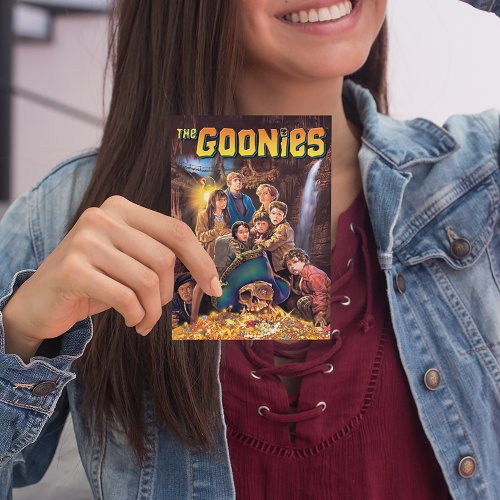

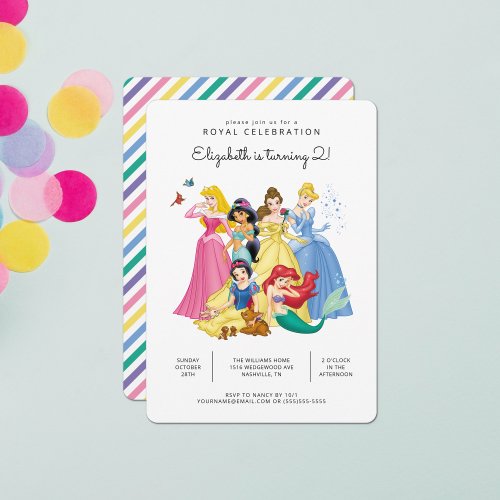



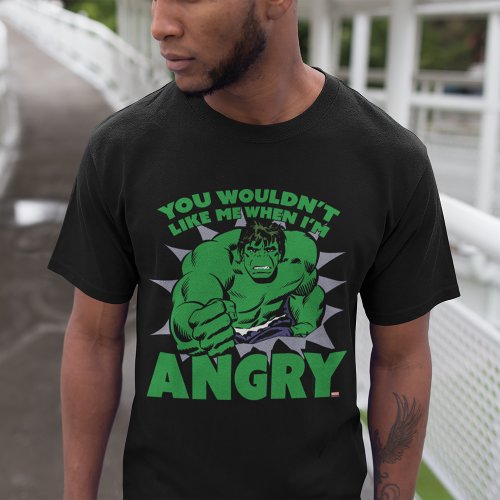

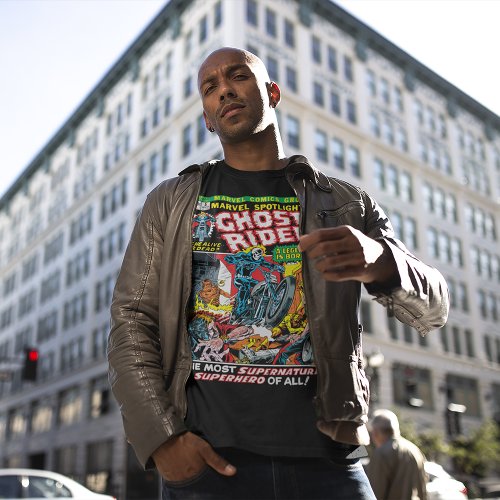


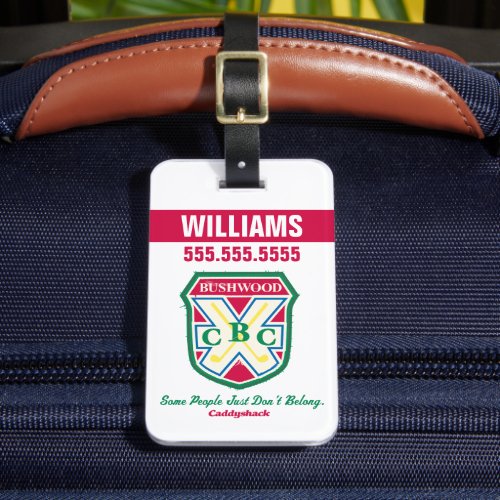

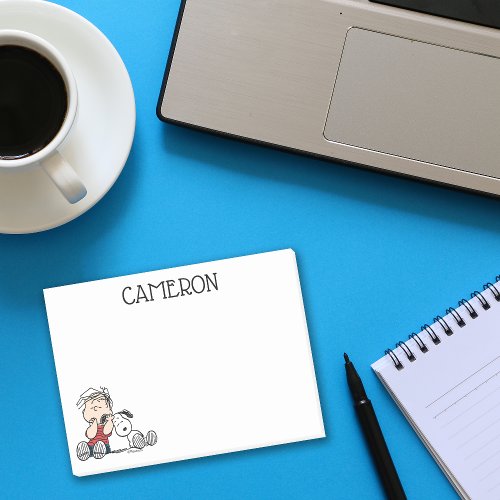

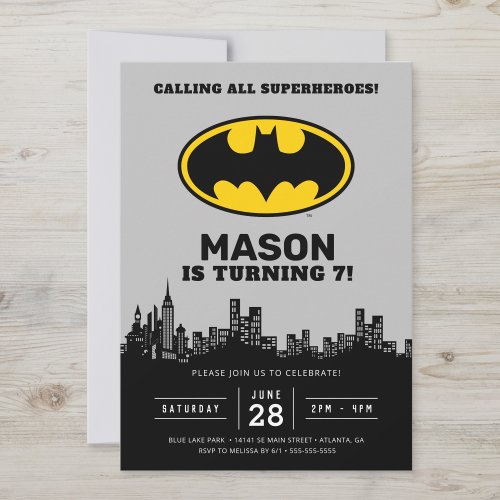

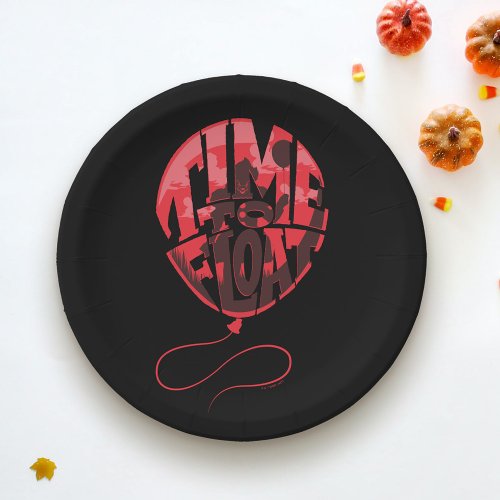
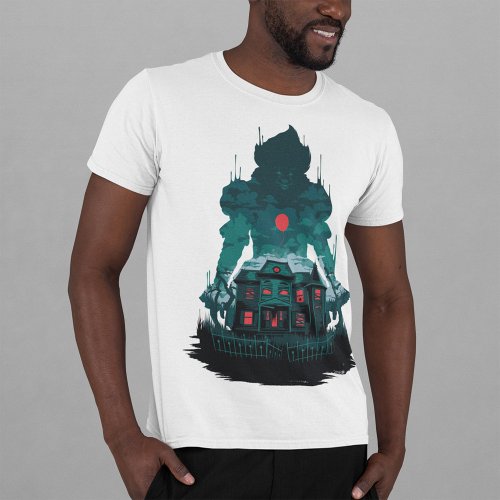

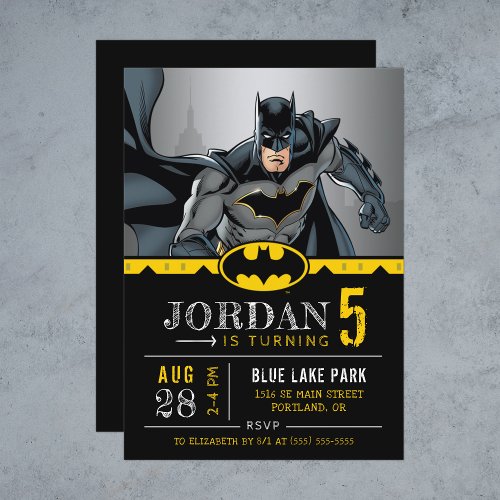
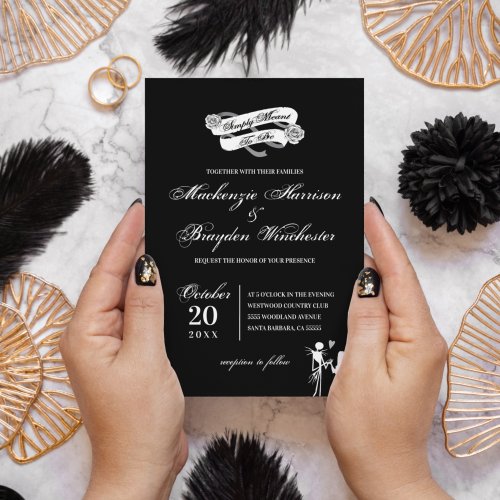


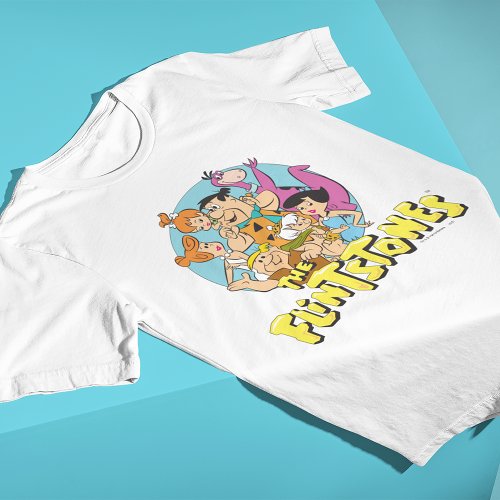
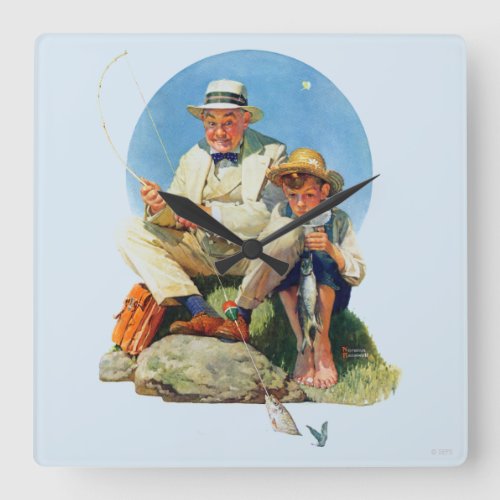
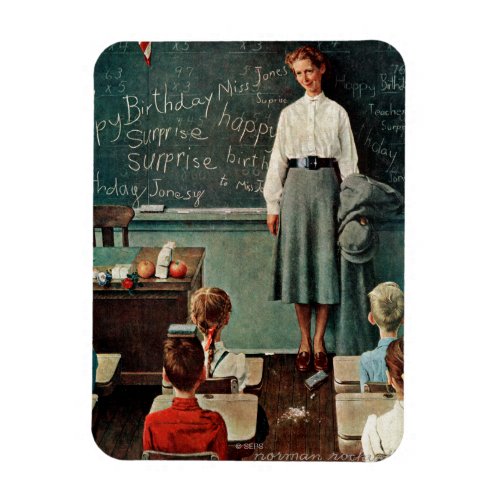

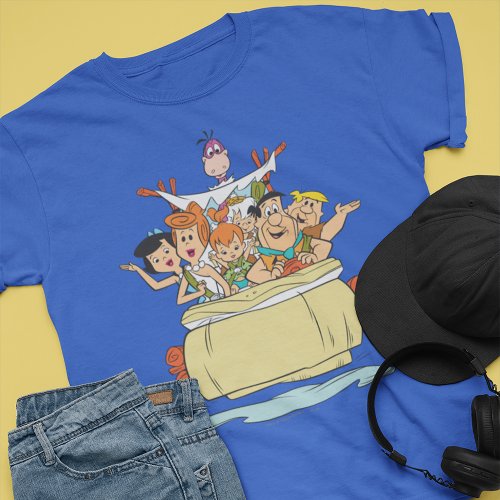



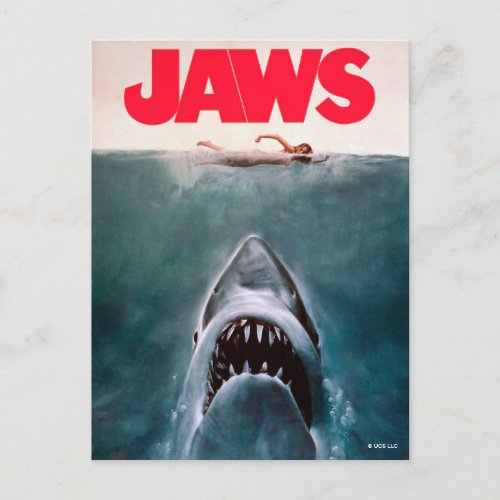


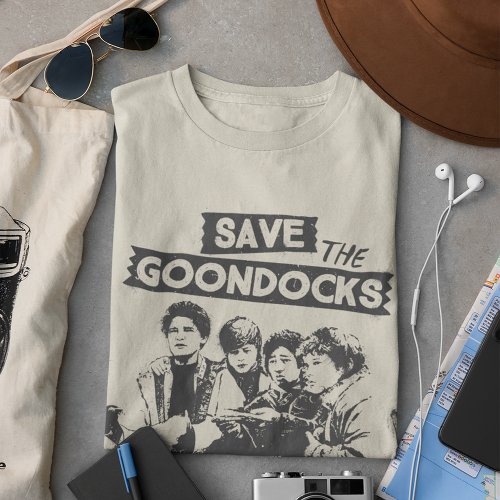



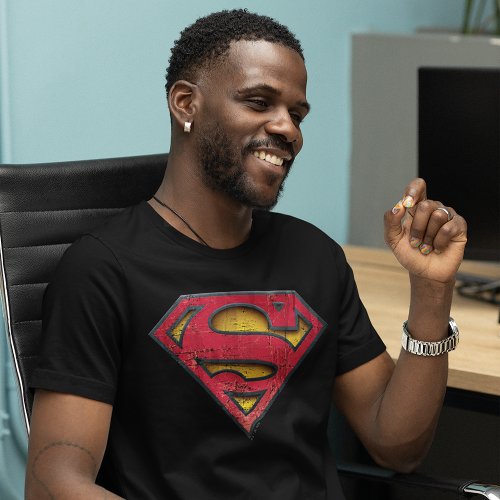
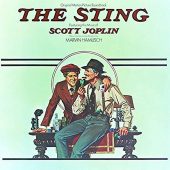
![The Three Stooges Funniest Moments Volume 2 DVD Edition [J89]](https://www.filmfetish.com/img/p/2021/07/three-stooges-j89-01-170x170.jpg)



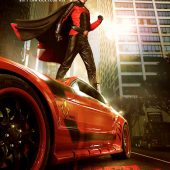
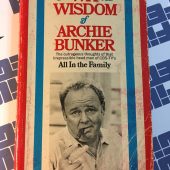


![Nanette Parks in Over 21 Original 8×10 inch Press Photo Lobby Card [G75]](https://www.filmfetish.com/img/p/2021/06/over-21-movie-nanette-parks-g75-01-170x170.jpg)